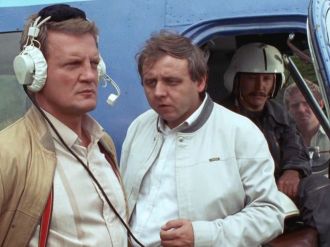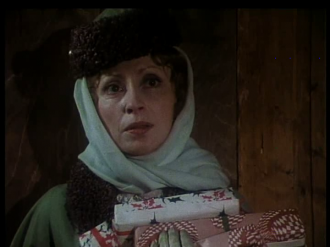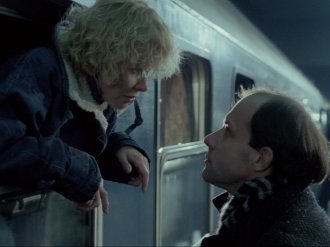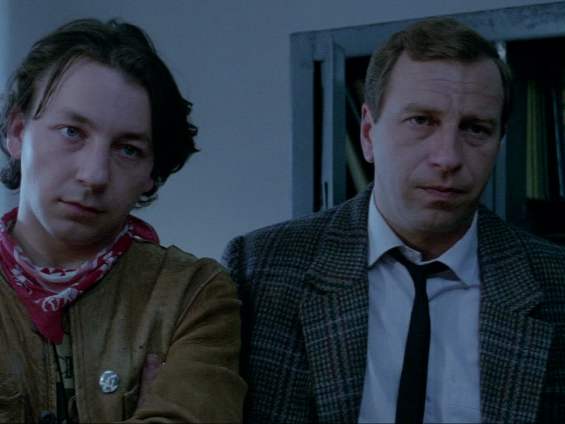- Duration:
53’
- Genre:
DRAMA
- Resolution: HD
- Year: 1988
This
original series illustrating the Ten Commandments has firmly established
Kieślowski’s international reputation. Each of the presented stories is linked
to the theme of a particular commandment. Because of its form, all viewers are
deeply moved by these movies, regardless of their views or religious beliefs.
Asked on numerous occasions why he had chosen such a hard subject, the director
replied curtly: “It’s worthwhile to be reminded of these ten very well written
sentences. There needs to be a point of reference, a definitive criterion
(...)”. The series won numerous awards at film festivals and is one of the
most recognizable Polish productions.
Jerzy and
Artur meet at the funeral of their father, a stamp collector devoted entirely
to his passion (he appears in The
Decalogue, Eight with his stamp Polarfahrt). Their father had not had
a good relationship with them, and only after he passed away did they find out that
the collection he had gathered for many years is very valuable. The inherited
wealth begins to spoil their relations: Jerzy decides to donate his kidney in
exchange for one stamp missing for an incomplete series. Unfortunately, during
his operation, their father’s flat is broken into and burglarized. The brothers
become suspicious of former friends of his father but also of each other. The
last film of the cycle differs from earlier parts of The Decalogue in almost all aspects: it is a black comedy, not
a drama. This time Artur Barciś, who accompanies the main characters in crucial
moments, does not appear. Maybe because his role was taken over by Tomek from
the sixth episode who serves the brothers at the post office and sells them
ordinary stamps? The beginning of the film is also different: Artur stands on
the stage and shouts the lyrics: ‘Kill, kill, and kill! Commit adultery, covet
things all the week!’ The call for breaking the commandments to which
importance Kieślowski’s cycle is devoted turns out to be heavy irony. The Decalogue, Ten being a masterful
summary shows a violation of almost all commandments: not only coveting things,
the ‘disease’ contracted by the sons from their deceased father, but also
theft, adultery, an indifferent attitude towards family, and disrespect of God.
In the final humiliation of the characters watched by the director with pity,
there is still hope.





